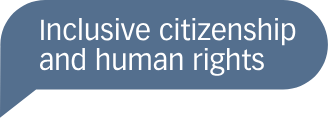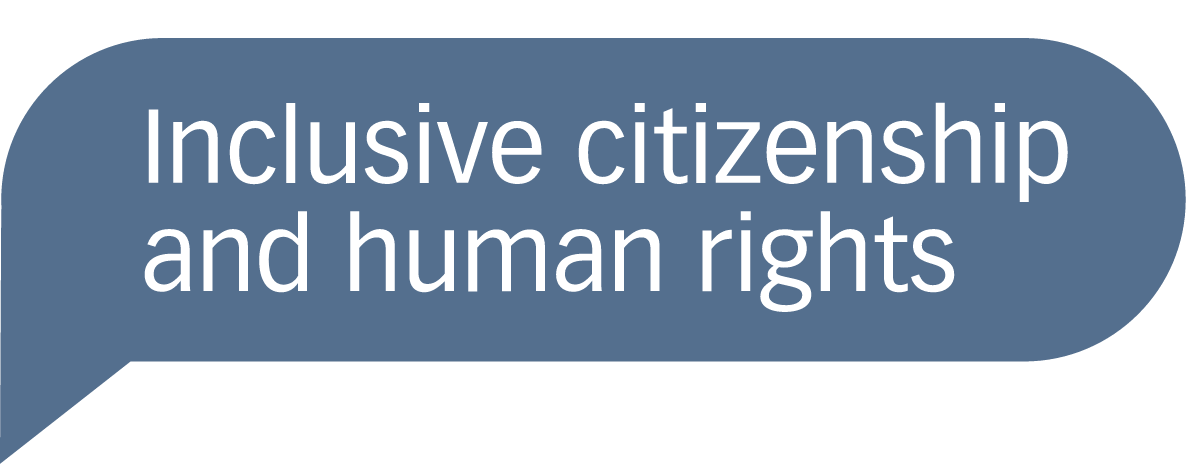Promoting inclusive citizenship through audio-visual resources
What are the conditions for coexistence and inclusive citizenship in conflict-ridden societies? In this new case-oriented audio-visual online resource you can explore this with the help of insights from experts in the field.
The new resource is produced by Ingvill Thorson Plesner as a part of the activities of the Minority Network she coordinates from the Norwegian Center for Holocaust and Minority Studies (HL-SENTERET). The first part of this resource, the Yazidi case, was launched in December 2018, the 70th anniversary of the Convention on the Prevention and Punishment of the Crime of Genocide and the Universal Declaration of Human Rights.
Together with partners and contributors, the full online resource, with more cases and resources, will be launched in 2021/22.
Main aim
The main aim of this new tool is to prevent discrimination and other human rights violations on the basis of religious and ethnic identity and thereby contribute to inclusive citizenship and peaceful coexistence across religious divides in conflict-ridden societies.
In particular it aims to give insight into the root causes and consequences of identity-based human rights violations and inspiration that encourages work towards inclusive citizenship and development of strategies to prevent mass atrocities.
- insight into root causes and consequences of identity-based human rights violations
- inspiration that encourages work towards inclusive citizenship and development of strategies to prevent mass atrocities
Main strategy
The main strategy is to develop and make available online relevant methods and materials dealing with human rights and diversity to combat stereotypes and religious hatred that may lead to discrimination and persecution. Main elements are audio-visual tools (videos etc.), easily accessible to all, developed by combining research based expertise with input and know-how from the local level in target countries.
Main content
The tool consists of audio-visual and interactive elements, not least virtual tours based on 360° photos from various sites of importance for ethnic and religious groups in the various regions that are explored. It also includes encounters with persons having strong attachment to the sites, like with Lalesh in this first case dealing with the Yazidis.
Through their content and methods, these digital resources provide a closeness to the topics and the persons affected and hence inspire efforts to combat and prevent identity-based human rights violations; provide knowledge and understanding that increase the capacity to address and help prevent such atrocities; and offer a set of tools that may be of use in such efforts.
In particular the INTERACTIVE 360° tours provide deeper insights by offering virtual tours of the main religious sites of each group and opportunities to meet representatives in their natural contexts.
Main target groups
The main target groups for these digital resources are persons belonging to different religious (and ethnic) groups and to groups in civil society working to combat and prevent identity-based rights in the regions and countries particularly addressed as cases. Parts of these resources (such as the VR/360° modules) have been developed in a way that also makes them easily accessible, interesting and useful to students and other young people within these groups. They may also prove useful to other civil society actors in these countries, such as journalists, students, politicians and others engaged in peace, reconciliation and democratisation processes.
Contact
This learning resource is developed by the Minority Network at The Norwegian Center for Holocaust and Minority Studies (HL-SENTERET). For questions related to this web site, please contact Ingvill Thorson Plesner, project manager of the Minority Network.
E-mail:
The Norwegian Center for Holocaust and Minority Studies is a research, education and documentation center in Oslo focusing on the Holocaust, other genocides and the situation of minorities in contemporary societies.
To learn more about the Minority Network or the Norwegian Center for Holocaust and Minority Studies please click the links below:
Iraqi case contributors
Special thanks for financial support to the Norwegian Ministry of Foreign Affairs




